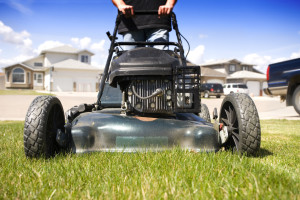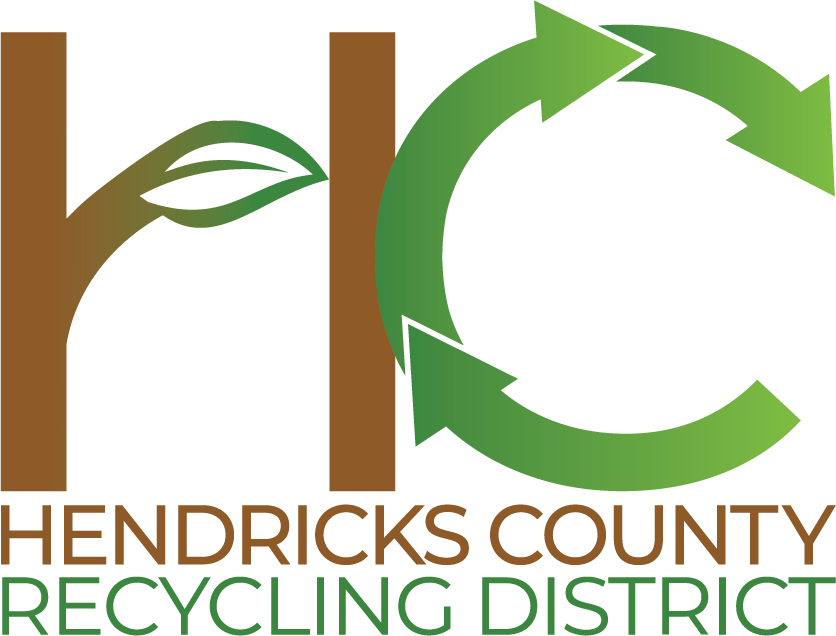 For some of us, manicuring our lawn is like a summer sport. We want our lawns to look like golf courses; as thick and lush as carpet. In some cases, the road to a beautiful lawn is paved with fertilizers and pesticides. And while they can make you the envy of your neighbors, if used or disposed of improperly, they can become hazards to you or to the environment.
For some of us, manicuring our lawn is like a summer sport. We want our lawns to look like golf courses; as thick and lush as carpet. In some cases, the road to a beautiful lawn is paved with fertilizers and pesticides. And while they can make you the envy of your neighbors, if used or disposed of improperly, they can become hazards to you or to the environment.
Much of the excess fertilizer washed off of lawns makes its way to rivers and streams where it makes aquatic plants, like algae, grow like crazy. This is a problem because algal blooms use up dissolved oxygen in a body of water, choking out other aquatic life. And in the case of reservoirs, like Eagle Creek, the issue can create a health hazard in our drinking water. Pesticides, if used or stored improperly, can become poisons to birds, bees, pets or children. They can also become contaminants in our rivers, streams and soil.
So, what can you do? First and foremost, find out if your lawn even needs fertilizer to grow well. And, if so, how much should be applied. DIY soil test kits can be purchased at your local home improvement store. Or, you can contact a lawn care company to analyze the needs of your soil. The soil test will tell you what nutrients your lawn or garden is lacking so that you know precisely what to add.
To avoid letting your investment in fertilizer or pesticide go down the drain, check the weather forecast before application. Avoid days that are extremely windy or rainy. Make sure to also read the directions for use. Many times, you will find information about the best times to use the product along with recommended amounts. If you have children or pets, make sure to keep lawn care products in a locked cabinet or high on a shelf. If you have leftovers that you are not going to be using any time soon, bring them to one of our Tox-Away Days to be sure they get disposed of properly.
If you are interested in gardening and caring for your lawn in a chemical free way, there are many great ways to do that. Check out “lasagna gardening”, rain gardens, composting, or grass cycling.

